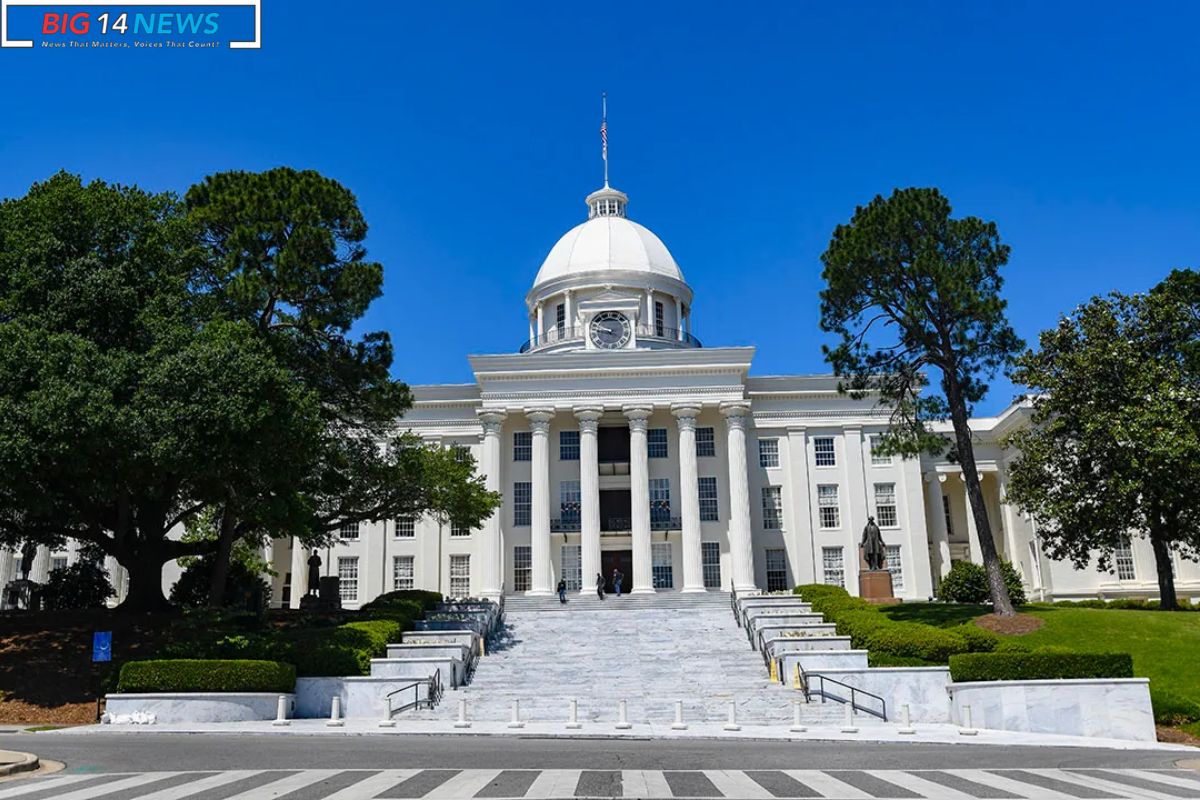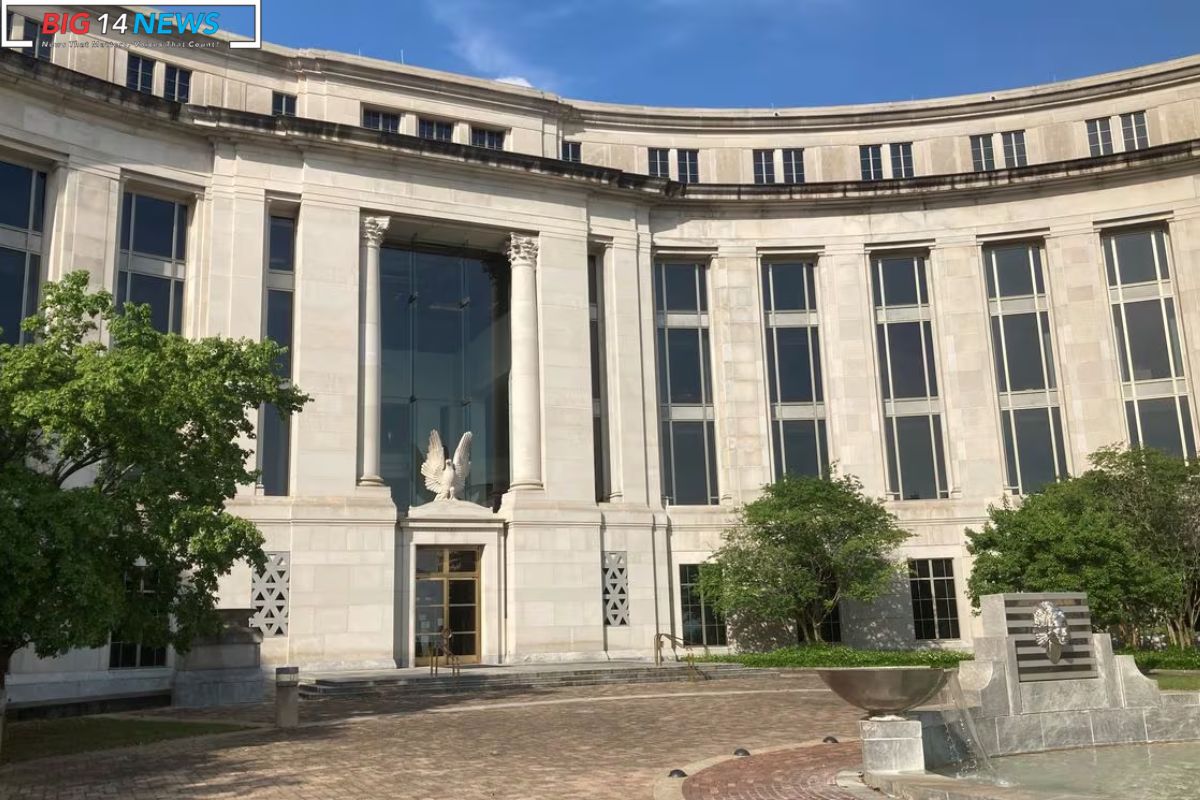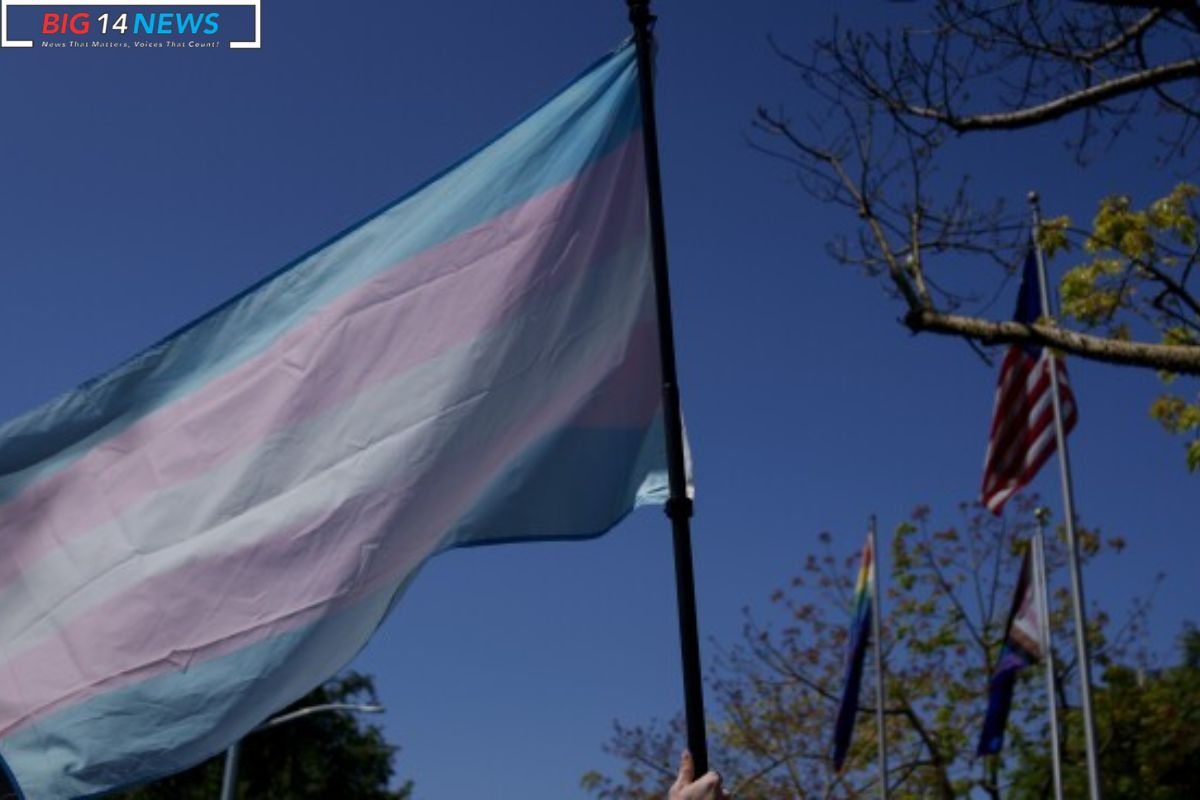Alabama Trans Care Ban for Minors Litigation: The litigation surrounding Alabama’s trans care ban for minors takes an important step forward as the US Department of Justice’s request for a halt is denied by a judge.
This article provides a detailed analysis of the Alabama case, offering insights into the specifics of the state’s law and its implications on a nationwide scale.
With a focus on mastery, the professional writing style ensures a balanced and informative read for those seeking in-depth understanding of this ongoing legal battle.
Key Takeaways
- U.S. District Judge denies the U.S. Department of Justice’s request to halt litigation challenging Alabama’s ban on gender-affirming care for minors.
- The case will proceed for now, with the possibility of a stay later if related petitions on state bans make significant progress in appellate courts.
- The plaintiffs, families with transgender children, are advocating for a full review by the 11th U.S. Circuit Court of Appeals to challenge the decision allowing the implementation of Alabama’s ban.
- The outcome of this case will have significant implications for the rights and well-being of transgender youth not just in Alabama, but potentially across the entire United States.
Judge’s Rejection of DOJ Request
The U.S. District Judge, Liles Burke, has denied the request from the U.S. Department of Justice to halt litigation challenging Alabama’s ban on gender-affirming care for minors. The Justice Department had sought a stay on the case, arguing that the legal landscape surrounding similar bans was rapidly evolving.
However, Judge Burke has determined that the case will proceed for now, leaving open the possibility of a stay later if related petitions on state bans make significant progress in appellate courts. This decision by Judge Burke demonstrates a commitment to allowing the litigation process to unfold and consider the merits of the case.
It also highlights the complexity of the issue at hand, as courts grapple with balancing the rights of minors seeking gender-affirming care with concerns raised by state bans. The denial of the request to halt litigation shows that Judge Burke recognizes the importance of resolving this matter through the legal process.

ALSO READ: Alabama Unorthodox Execution Method: A Threat to Safety and Religious Liberty?
Alabama Case Details
Proceeding with the Alabama case, the plaintiffs, consisting of families with transgender children, are advocating for a full review by the 11th U.S. Circuit Court of Appeals to challenge the decision allowing the implementation of Alabama’s ban on gender-affirming care for minors.
The case revolves around the constitutionality of laws that prohibit healthcare providers from providing gender-affirming treatments, such as hormone therapy and puberty blockers, to transgender minors. The families argue that these bans violate the equal protection and due process rights of transgender youth.
They contend that gender-affirming care is medically necessary and can have life-saving benefits for transgender minors. The outcome of this case will have significant implications for the rights and well-being of transgender youth not just in Alabama, but potentially across the entire United States.
The trial is set to take place in April, and the decision could potentially shape the future of transgender healthcare access for minors.
Alabama Law Information
The implementation of Alabama’s ban on gender-affirming care for minors has prompted legal challenges and heightened scrutiny. This controversial law criminalizes doctors who provide puberty blockers or hormones to individuals under 19 seeking to affirm a new gender identity. Violations of the law are considered felonies, carrying a potential sentence of up to 10 years in prison.
However, the law is currently blocked by an injunction, and its enforcement awaits a mandate from the 11th Circuit appeals court. Supporters argue that the ban protects minors from irreversible medical interventions, while opponents argue that it denies transgender youth access to critical healthcare and infringes upon their rights.
The legal battle surrounding Alabama’s trans care ban highlights the ongoing debates and evolving understanding of gender identity and healthcare for minors.

Nationwide Banning Situation
Across the United States, challenges to gender-affirming care bans for minors are currently underway in at least 22 states, highlighting the widespread legal scrutiny surrounding these laws. The ongoing litigation reflects the contentious nature of these bans and the complex legal landscape surrounding them.
Here are four key points to consider regarding the nationwide banning situation:
- Legal challenges: Multiple states, including Arkansas, Tennessee, and Texas, have passed legislation banning gender-affirming care for minors. These laws have prompted legal challenges on constitutional grounds, such as violating the rights of transgender individuals and interfering with the doctor-patient relationship.
- Varied outcomes: The outcomes of these legal challenges have been mixed. Some courts have issued preliminary injunctions against the bans, temporarily blocking their enforcement, while others have allowed the laws to go into effect pending further litigation.
- Public opinion: The banning of gender-affirming care for minors has sparked intense debates and garnered significant attention nationwide. Advocacy groups argue that these bans are discriminatory and harmful to transgender youth, while supporters argue that they protect children from making irreversible decisions.
- Potential impact: The outcome of these legal battles will have significant implications for transgender minors seeking gender-affirming care. It will determine whether they can access treatments and procedures that are medically recommended and considered standard of care for transgender individuals.

Implication of the Judge’s Decision
In light of the judge’s decision, the implications of Alabama’s trans care ban for minors litigation are significant and far-reaching.
Firstly, this ruling underscores the ongoing legal battles surrounding the rights of transgender youth across the United States. It sets a precedent for future cases and adds to the growing body of jurisprudence on gender-affirming care regulations.
Secondly, the judge’s decision signals a potential shift in public opinion and legal attitudes towards transgender rights. By denying the US Department of Justice’s request to halt the ban, the judge is effectively allowing the litigation to move forward, indicating that there may be a possibility of challenging similar bans in other states.
Lastly, this decision brings attention to the need for comprehensive and inclusive healthcare policies that prioritize the well-being and rights of transgender minors. It highlights the importance of ensuring access to gender-affirming care and support for transgender youth in their journey of self-discovery and self-acceptance.
Conclusion Of Alabama Trans Care Ban for Minors Litigation
The litigation regarding Alabama’s ban on transgender care for minors is progressing despite the US Department of Justice’s request for a halt being denied by the judge.
This case highlights the ongoing debate surrounding transgender rights and the autonomy of minors in medical decision-making.
With similar bans being implemented across the nation, the judge’s decision has implications for the future of transgender healthcare access for minors.
The outcome of this litigation will undoubtedly have far-reaching consequences.
Also Read: The Battle for Control: Can Mobile City Council Regulate Its Police?”

